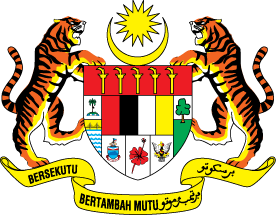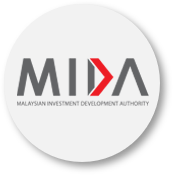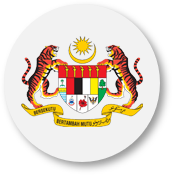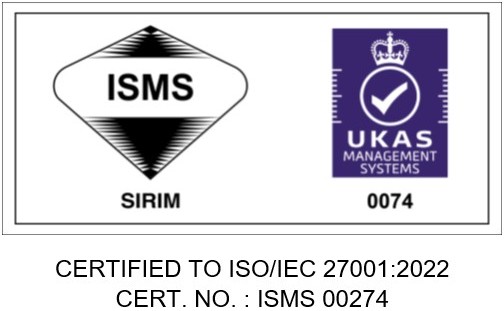PUTRAJAYA, Feb 27 (Bernama) -- Asean is on track to liberalise another 15 services sub-sectors in health, telecommunications and tourism under the 8th Package of the Asean Free Trade Agreement (AFTA) on Services.
The 10-member regional grouping will also improve the offers in 65 sub-sectors under the 7th Package of the agreement which came into effect on Jan 1 this year.
Under the improved packages, companies in the Asean region can take up 70 per cent equity in companies in the liberalised sub-sector in member countries, said International Trade and Industry Minister Datuk Seri Mustapa Mohamed.
Negotiations are underway to improve offers in the 65 sub-sectors and liberalised another 15 new sub-sectors, he told reporters on the sidelines of the 16th Asean Economic Ministers' Retreat here Saturday.
Mustapa said it was not Malaysia alone that was opening up but other Asean countries were also doing the same.
Asean member countries have finalised seven packages of liberalisation in the services sector between 1995 and 2009 involving 65 sub-sectors.
Overall, Asean plans to liberalise a total of 128 services sub-sectors under 11 packages by 2015, when it is expected to create the Asean Economic Community.
While Asean appears to accept liberalisation, there are calls to slow down the free trade agreements with third parties although all have pledged that they would fulfil their commitment under the agreements.
There have been complaints about the FTA, particularly on the influx of cheaper goods from China, following the signing of the Asean-China FTA.
The AEM retreat is expected to endorse a study to be commissioned by the Asean Secretariat on the free trade agreements it had signed so far and this will partly determine Asean's future strategic direction in the regional architecture.
A Philippine official was quoted by the country's media calling for less haste in negotiating for new trade deals to allow existing ones to be digested first.
The official said his country will call for slower pace in regional bloc's negotiations for a service pact with India and a cooperation deal with the Gulf states.
As for Malaysia, up to now there is no strong proof that the FTA with China had affected local industries.
China is Malaysia's biggest trade partner after Singapore, the United States and Japan.
Last year, total trade with China amounted to RM127.9 billion or 12.9 per cent of Malaysia's external trade.
-- BERNAMA
The 10-member regional grouping will also improve the offers in 65 sub-sectors under the 7th Package of the agreement which came into effect on Jan 1 this year.
Under the improved packages, companies in the Asean region can take up 70 per cent equity in companies in the liberalised sub-sector in member countries, said International Trade and Industry Minister Datuk Seri Mustapa Mohamed.
Negotiations are underway to improve offers in the 65 sub-sectors and liberalised another 15 new sub-sectors, he told reporters on the sidelines of the 16th Asean Economic Ministers' Retreat here Saturday.
Mustapa said it was not Malaysia alone that was opening up but other Asean countries were also doing the same.
Asean member countries have finalised seven packages of liberalisation in the services sector between 1995 and 2009 involving 65 sub-sectors.
Overall, Asean plans to liberalise a total of 128 services sub-sectors under 11 packages by 2015, when it is expected to create the Asean Economic Community.
While Asean appears to accept liberalisation, there are calls to slow down the free trade agreements with third parties although all have pledged that they would fulfil their commitment under the agreements.
There have been complaints about the FTA, particularly on the influx of cheaper goods from China, following the signing of the Asean-China FTA.
The AEM retreat is expected to endorse a study to be commissioned by the Asean Secretariat on the free trade agreements it had signed so far and this will partly determine Asean's future strategic direction in the regional architecture.
A Philippine official was quoted by the country's media calling for less haste in negotiating for new trade deals to allow existing ones to be digested first.
The official said his country will call for slower pace in regional bloc's negotiations for a service pact with India and a cooperation deal with the Gulf states.
As for Malaysia, up to now there is no strong proof that the FTA with China had affected local industries.
China is Malaysia's biggest trade partner after Singapore, the United States and Japan.
Last year, total trade with China amounted to RM127.9 billion or 12.9 per cent of Malaysia's external trade.
-- BERNAMA
Last Updated 2015-05-14 12:00:18 by admin2













 Home
Home






























